Depression and anxiety are two of the most common mental health conditions in the world, and they often co-occur. Research shows that approximately half of the individuals who experience depression will also experience symptoms of anxiety at some point in their lives, and vice versa. The connection between these two conditions is complex and can be difficult to untangle, but understanding the relationship between depression and anxiety can be essential for effective treatment. In this article, we will explore the connection between depression and anxiety and discuss how counseling can help individuals manage symptoms of both conditions.
What is Depression?
Depression is a mental health condition that can cause persistent feelings of sadness, hopelessness, and a loss of interest in once-enjoyable activities. Other symptoms of depression may include changes in appetite or sleep, fatigue, feelings of guilt or worthlessness, and difficulty concentrating. Depression can have a significant impact on an individual’s daily life and can make it challenging to carry out everyday tasks, such as going to work or school, maintaining relationships, and taking care of oneself.
What is Anxiety?
Anxiety is a mental health condition that is characterized by persistent feelings of worry or fear. Individuals with anxiety may experience physical symptoms such as sweating, trembling, or a rapid heartbeat. They may also have difficulty concentrating or sleeping and may avoid certain situations or activities because of their anxiety. There are several different types of anxiety disorders, including generalized anxiety disorder, panic disorder, and social anxiety disorder.
The Connection Between Depression and Anxiety
Although depression and anxiety are two distinct mental health conditions, they often co-occur. Researchers have identified several possible reasons for this overlap. For example, both depression and anxiety may be influenced by similar biological and environmental factors. Additionally, individuals who experience depression may also feel anxious about their situation or the future, while individuals with anxiety may become depressed because of the chronic stress and worry associated with their condition.
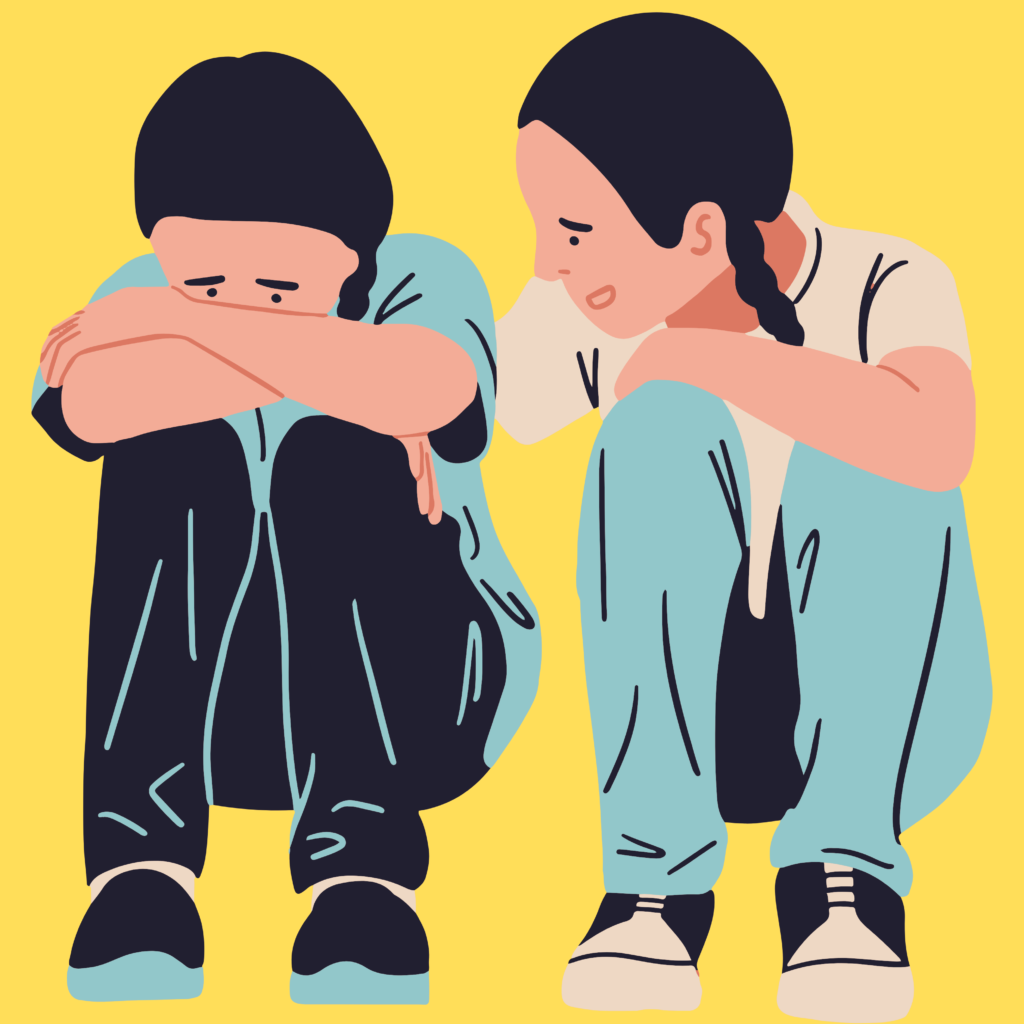
Counseling for Depression and Anxiety
While the relationship between depression and anxiety can be complicated, counseling can be an effective treatment for both conditions. Counseling can provide individuals with tools and strategies to manage symptoms of depression and anxiety, such as cognitive-behavioral therapy (CBT).
CBT is a type of therapy that focuses on identifying and changing negative thought patterns and behaviors that contribute to depression and anxiety. It can help individuals learn coping skills, develop a sense of control over their symptoms, and improve their overall quality of life.
Counseling for depression and anxiety is a vital aspect of mental health treatment, as these two conditions often co-occur and can significantly impact an individual’s quality of life. Depression and anxiety are two of the most common mental health conditions, affecting millions of people worldwide. While they are separate conditions, they often go hand in hand, with many individuals experiencing symptoms of both.
Depression is a mood disorder characterized by feelings of sadness, hopelessness, and worthlessness. It can also cause physical symptoms, such as fatigue, sleep disturbances, and changes in appetite. Anxiety, on the other hand, is a condition marked by persistent and excessive worry or fear. Physical symptoms may include muscle tension, sweating, and rapid heartbeat. Both conditions can have a significant impact on an individual’s ability to function in daily life.
Counseling for depression and anxiety typically involves talking with a mental health professional, such as a psychologist or licensed counselor. The therapist will work with the individual to identify the underlying causes of their symptoms, develop coping strategies, and provide support and guidance throughout the recovery process.
One type of counseling that is often used to treat depression and anxiety is cognitive-behavioral therapy (CBT). CBT is a short-term, goal-oriented form of therapy that focuses on changing negative thought patterns and behaviors. The therapist will work with the individual to identify negative or unrealistic thoughts and beliefs and help them develop more positive and realistic ones. They may also provide coping skills and techniques to help manage symptoms.
Another type of therapy commonly used in treating depression and anxiety is interpersonal therapy (IPT). This approach focuses on improving relationships and communication skills. The therapist will work with the individual to identify areas of conflict in their relationships and help them develop healthy communication skills to resolve conflicts and improve interpersonal connections.
Mindfulness-based therapies, such as mindfulness-based stress reduction (MBSR) and mindfulness-based cognitive therapy (MBCT), have also been shown to be effective in treating depression and anxiety. These therapies focus on increasing awareness of the present moment, reducing rumination and worry, and improving overall emotional regulation.
In addition to counseling, other treatment options for depression and anxiety may include medication, lifestyle changes, and support groups. It’s essential to seek help from a qualified mental health professional to determine the best treatment plan for individual needs.
At Vision Child Behaviour and Counselling Clinic, we offer counseling services for children, adolescents, and adults struggling with depression and anxiety. Our team of experienced therapists provides individual and group counseling sessions that are tailored to each client’s unique needs and goals. We believe in a client-centered approach to therapy that emphasizes collaboration, empathy, and compassion. We work closely with our clients to develop a treatment plan that fits their needs and lifestyle, and we are committed to providing a safe and supportive environment where individuals can explore their thoughts and feelings without judgment.
In conclusion, depression and anxiety are complex mental health conditions that often co-occur. However, with the right treatment, individuals can learn to manage their symptoms and improve their quality of life. If you or someone you know is struggling with depression or anxiety, consider reaching out to a professional for help. At Vision Child Behaviour and Counselling Clinic managed by Vision Public Charitable Trust, we are here to support you on your journey towards better mental health.
About me

D Singh Virmani
Consulting & Educational Psychologist
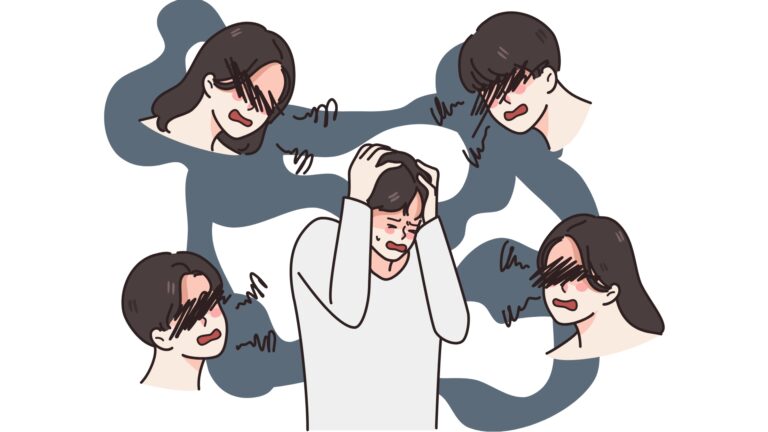
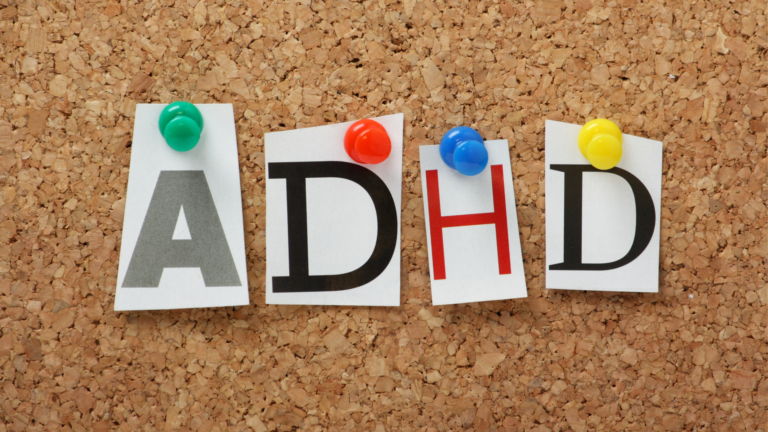

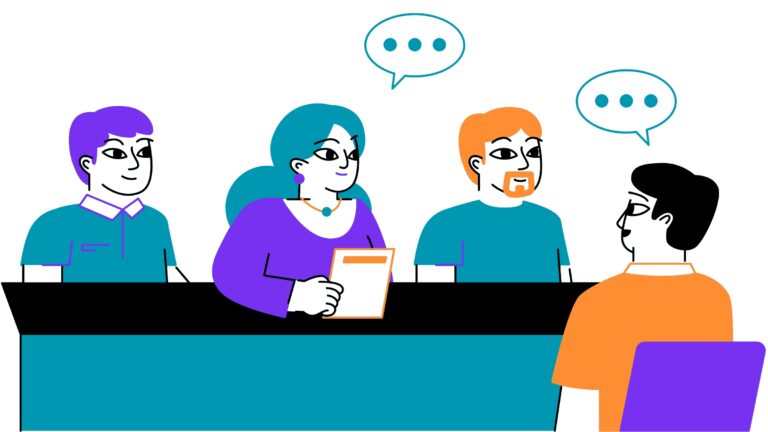
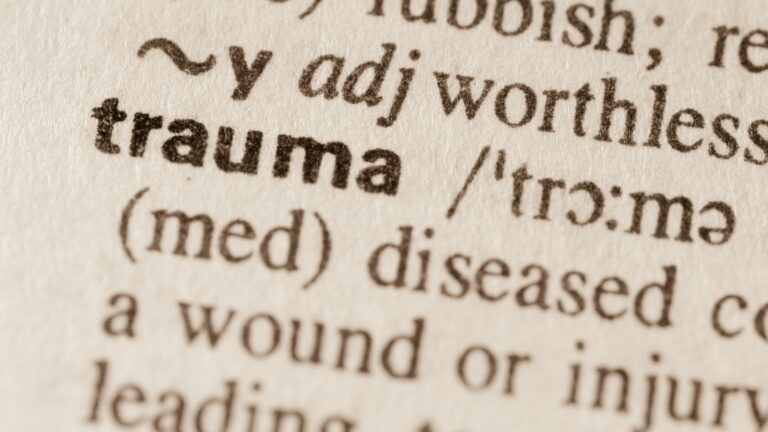
This article provides a thorough explanation of the connection between depression and anxiety, which are prevalent mental health conditions worldwide. It highlights the need for understanding this relationship to ensure effective treatment. The symptoms of depression and anxiety are described in detail, emphasizing their impact on daily life and the importance of proper management.
The article also explores the potential reasons for the co-occurrence of depression and anxiety, including similar biological and environmental factors. This information highlights the need for a holistic approach to treatment. Overall, the article is a helpful resource for those seeking to understand the relationship between depression and anxiety and how counseling can aid in managing symptoms. It emphasizes the importance of seeking professional help for those experiencing symptoms of these conditions.